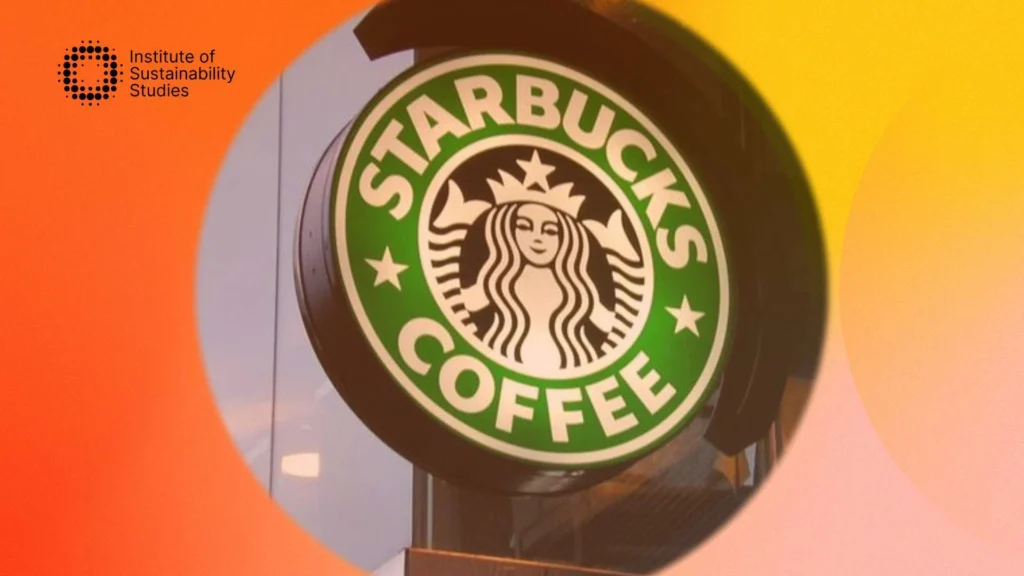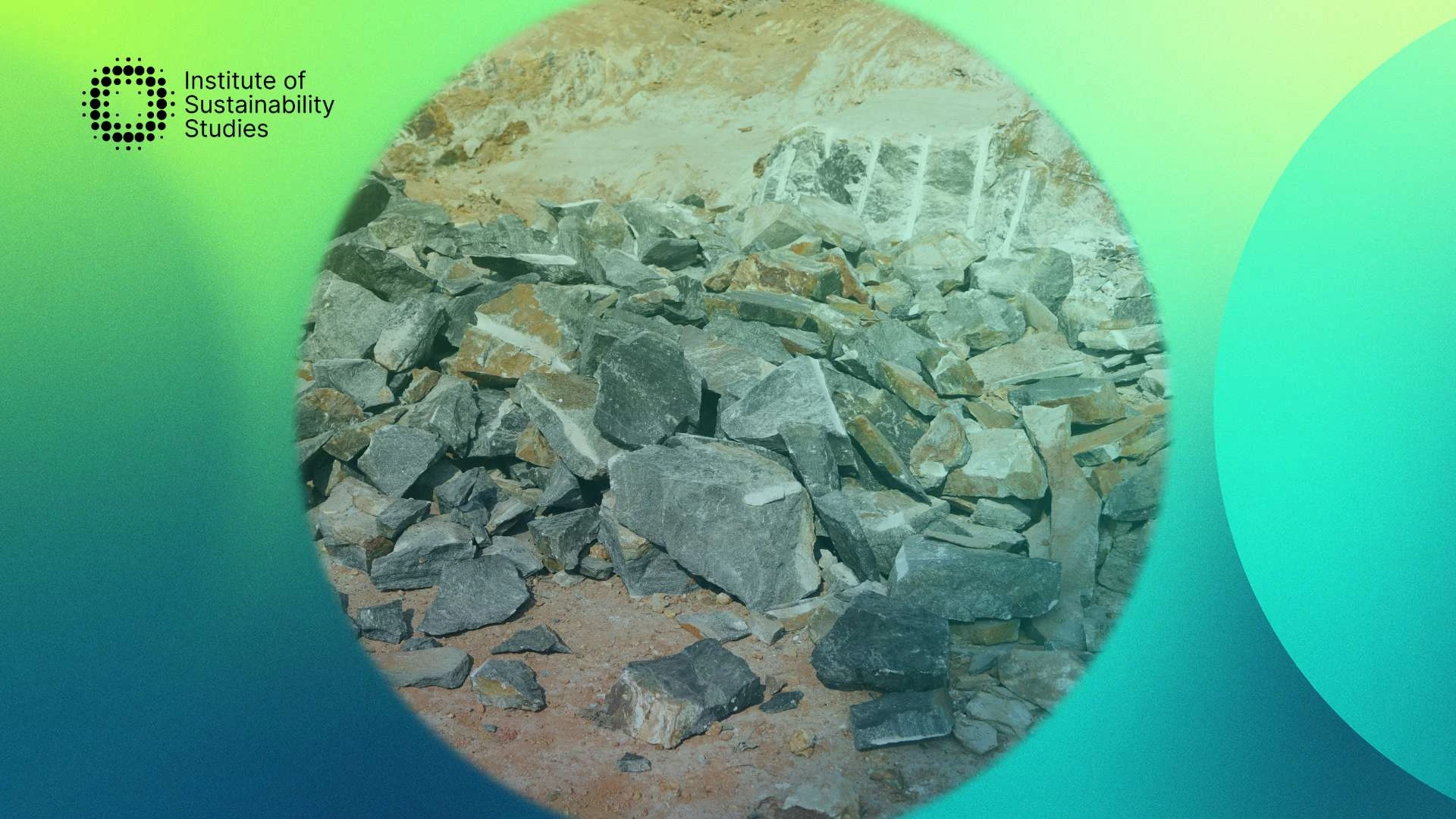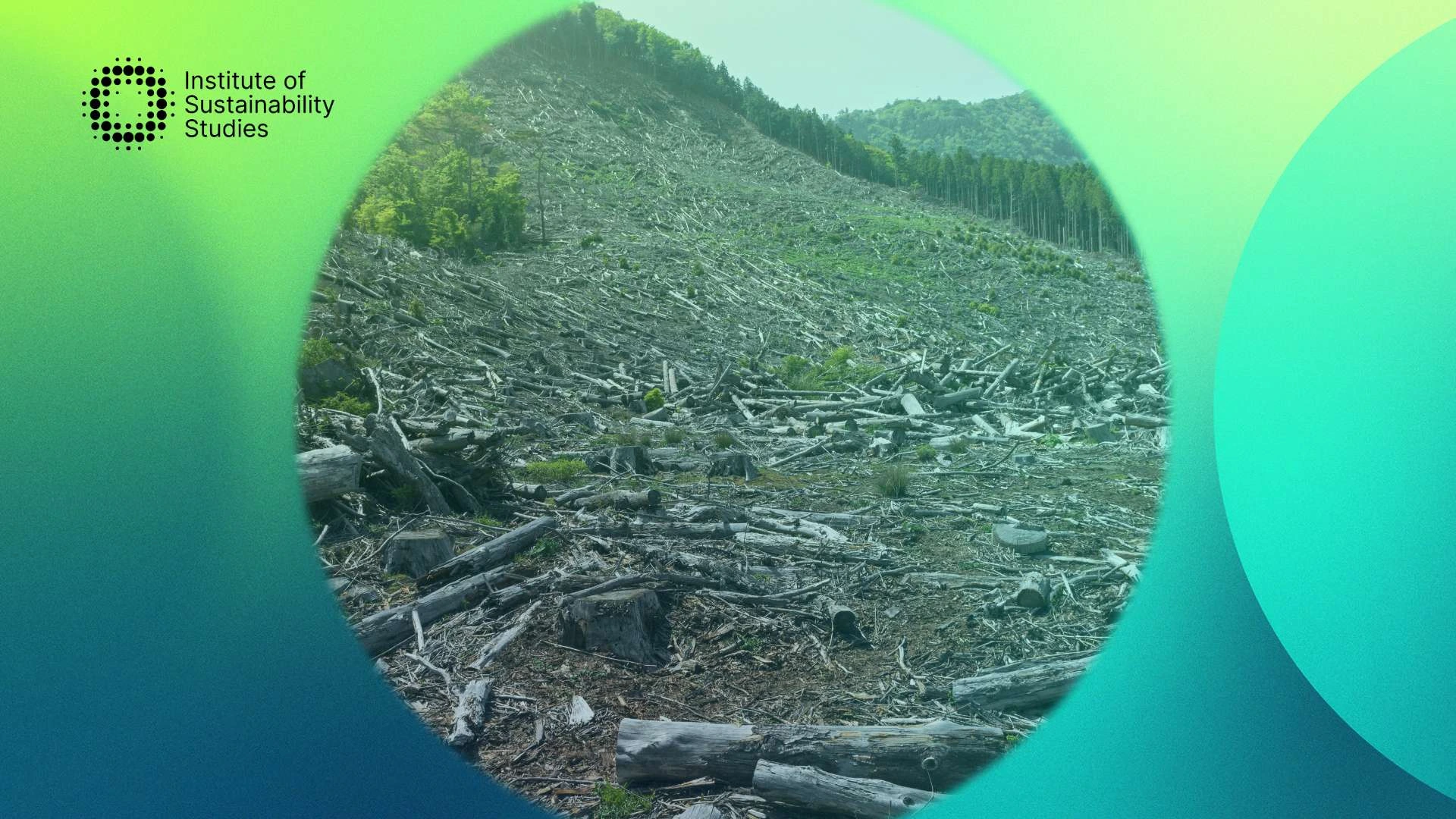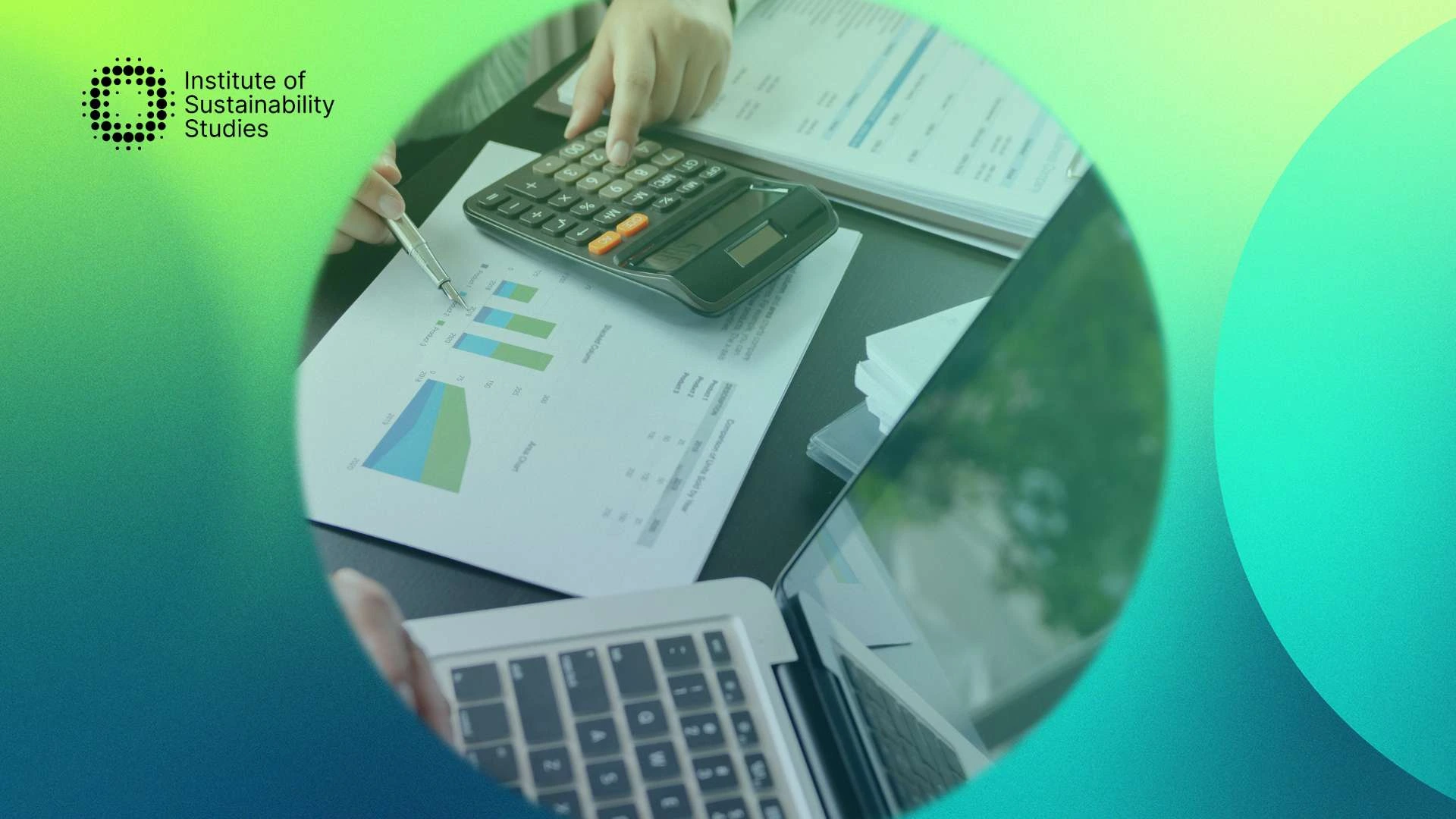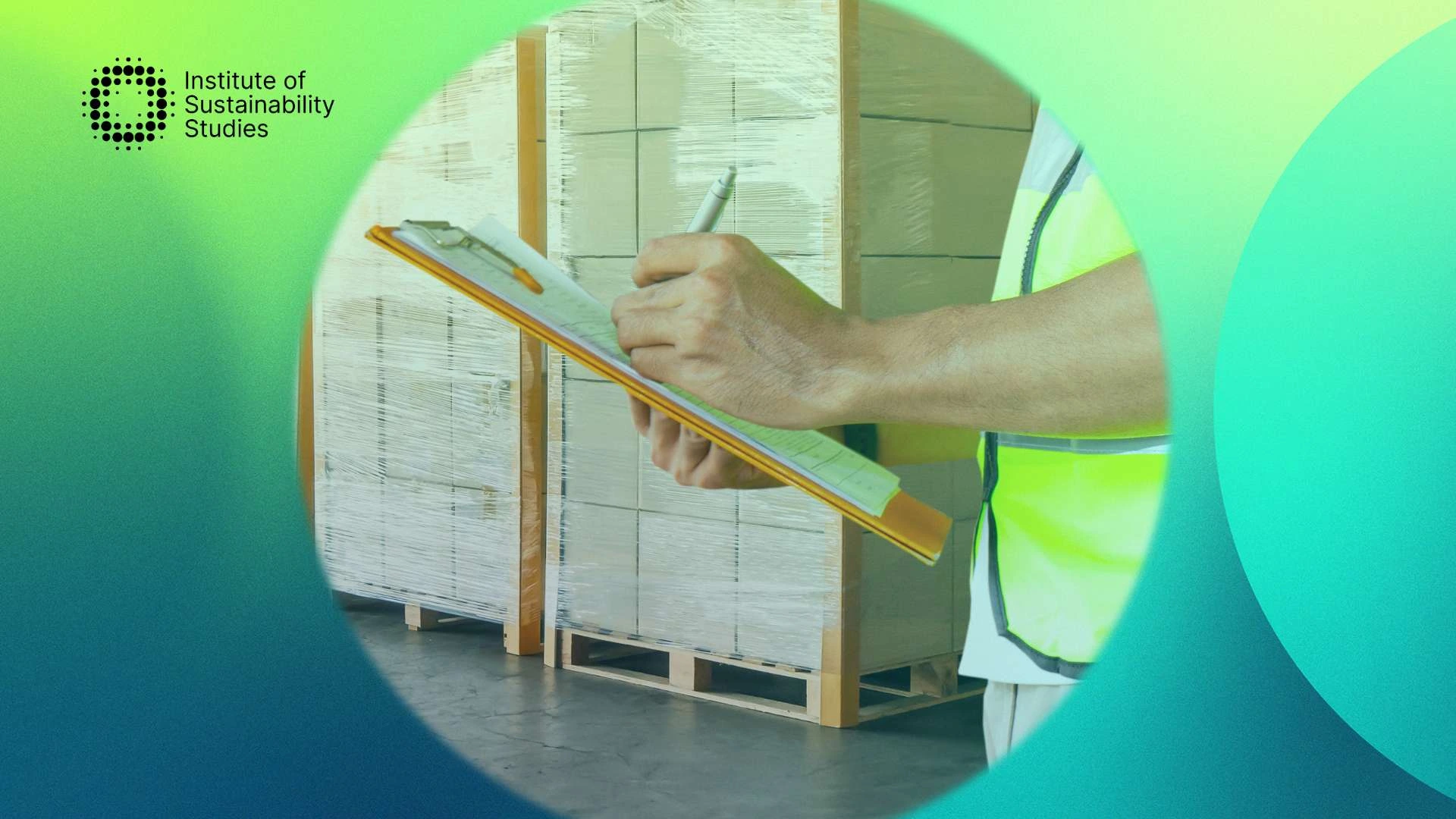Starbucks has saved over $60 million in annual operating costs by focusing on water stewardship, waste reduction, and energy efficiency. The coffee chain has achieved this through its Greener Stores Framework, a corporate sustainability initiative launched in 2018.
About the Greener Stores Framework
The Starbucks Greener Stores Framework was developed to build on the coffee chain’s investment in the Leadership in Energy and Environmental Design (LEED) certification from the U.S. Green Building Council. The LEED certification recognises low-carbon construction design and processes.
Starbucks helped the council create the LEED for Retail Designation in collaboration with the World Wildlife Fund. The main difference between the LEED program and the Greener frameworks is a focus on operational metrics. Starbucks’ Greener Stores Framework outlines 25 practices store managers can leverage to reduce water consumption and energy, as well as minimise food waste and packaging.
Currently, the company has almost achieved its goal of 10,000 greener stores by 2025, with 9,400 cafés verified for meeting strict requirements related to energy efficiency, water stewardship, and waste diversion. The brand manages approximately 40,200 retail locations across the world, which means around one-quarter of its locations are certified. Moreover, this is more than double the number of stores that Starbucks reported in 2024.
Starbucks’ Greener Stores Framework outlines the construction and operation of new cafés and the retrofits of existing locations. Some examples of measures that count toward certification include sourcing electricity from wind, solar, or other clean power sources; embracing initiatives for diverting food waste and packaging; and switching to more energy-efficient equipment like refrigerators with low global warming-potential coolants.
Starbucks stores can also get credit for introducing renewable energy installations like solar panels or making investments that support electrification, such as electric vehicle charging stations. In the US, the company is pushing for the installation of over 100 direct current systems that speed charging. Starting with a corridor between northern California and Washington state, it has installed 34 units so far.
Unlock cost savings with sustainability training designed to drive operational efficiency
Starbucks sustainability criticism
While this is a prime example of the business case for sustainability concerning substantial cost savings, it is also important to keep in mind that Starbucks has come under criticism in the past surrounding its sustainability efforts. In August 2024, the company hired a new CEO, Brian Niccol, who faced backlash because he would be commuting almost 1,000 miles to the company’s headquarters in Seattle on a corporate jet.
This Starbucks sustainability criticism came to light as people noted the discrepancy between the company’s sustainability strategy and the lifestyles of its top executives. Mr Niccol’s job offer said he didn’t have to relocate from his home in Newport Beach, California, but that he could commute from his residence to the company’s headquarters in Seattle. One user posted the following about it: “Starbucks would like its customers to pay hyper prices only to use paper straws to save the environment while the CEO flies 1600 km x 3 days a week on a private jet.”
Conclusion
The Starbucks Greener Stores Framework is a compelling illustration of how embedding sustainability into core operations can generate substantial financial returns. By focusing on measurable outcomes, the company has demonstrated that sustainability can be a practical value driver, not just a reputational add-on.
However, the recent criticism of executive travel choices also highlights a key challenge for companies: maintaining alignment between sustainability goals and leadership behaviours. Ultimately, the Starbucks case shows that while sustainability can deliver strong ROI, long-term credibility hinges on consistent action at every level of the business.
Dedicated to harnessing the power of storytelling to raise awareness, demystify, and drive behavioural change, Bronagh works as the Communications & Content Manager at the Institute of Sustainability Studies. Alongside her work with ISS, Bronagh contributes articles to several news media publications on sustainability and mental health.
- Bronagh Loughlinhttps://instituteofsustainabilitystudies.com/insights/author/bronagh/
- Bronagh Loughlinhttps://instituteofsustainabilitystudies.com/insights/author/bronagh/
- Bronagh Loughlinhttps://instituteofsustainabilitystudies.com/insights/author/bronagh/
- Bronagh Loughlinhttps://instituteofsustainabilitystudies.com/insights/author/bronagh/


